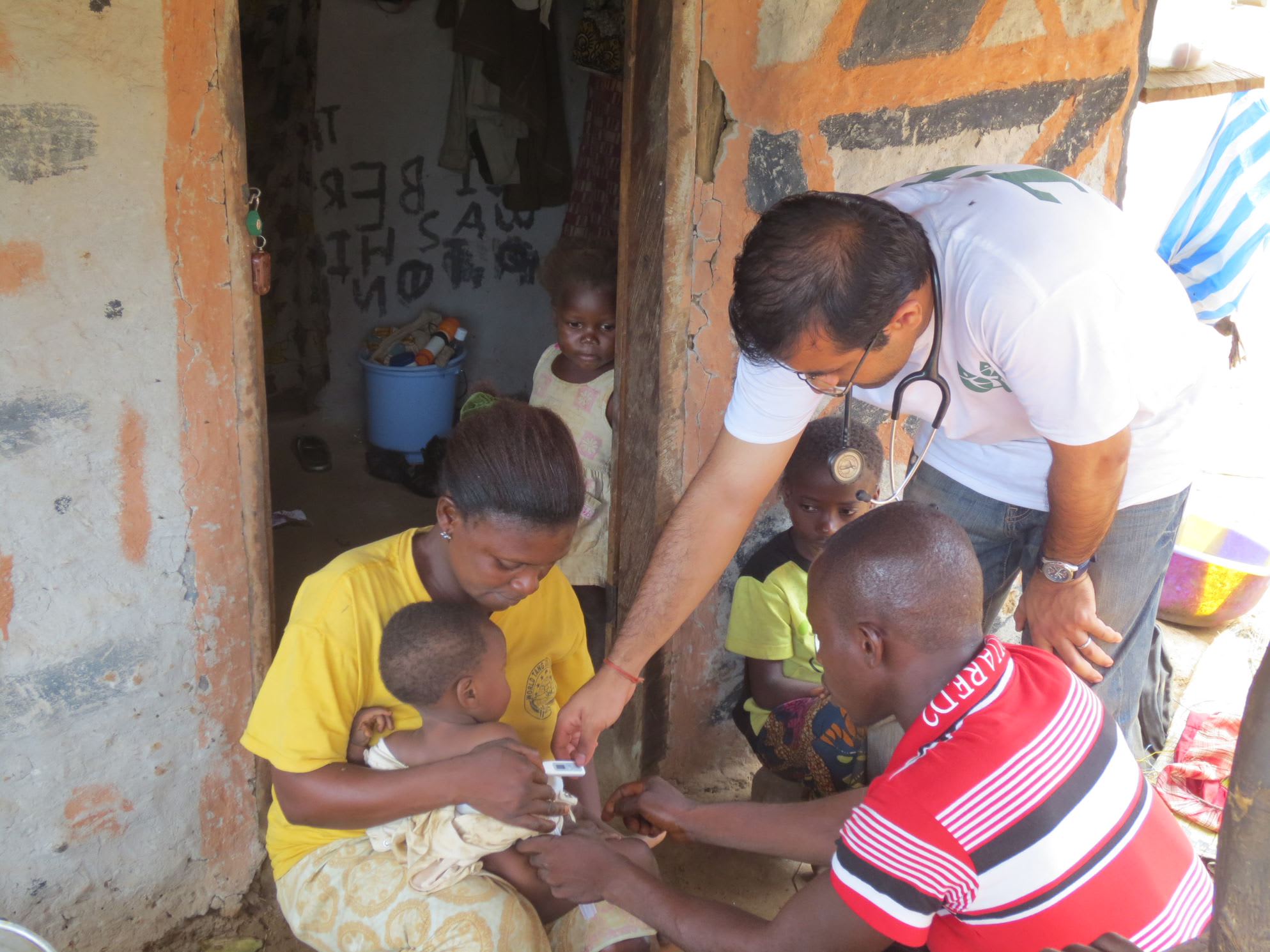
Graduate Certificate in Population Health Management
Johns Hopkins University, Bloomberg School of Public Health

Key Information
Campus location
USA Online, USA
Languages
English
Study format
Distance Learning
Duration
1 year
Pace
Part time
Tuition fees
USD 1,233 / per credit
Application deadline
Request info
Earliest start date
Sep 2024
Scholarships
Explore scholarship opportunities to help fund your studies
Introduction
The Certificate in Population Health Management is a fully online, part-time graduate program offered by the Johns Hopkins Bloomberg School of Public Health.
Population health management has emerged as an important strategy for health care providers and payers and the Certificate in Population Health Management prepares students to examine and respond to both challenges and opportunities to improve health within and across populations.
The program is structured to guide health care professionals seeking to transform or create sustainable models of value-driven accountable care.

Gallery
Student Testimonials
Admissions
Curriculum
First Term
- Academic & Research Ethics at BSPH
- Essentials of Population Health Management
- Principles and Applications of Advanced Payment Models in Population Health Management
Second Term
- Collective Impact: Developing and Leading Community Partnerships to Improve Population Health
- Applications in Accountable Care: Assessing Quality and Effectiveness of Population Health initiatives
Third Term
- Introduction to Epidemiology
- Population and Consumer Health Informatics
Fourth Term
- Managing Health Across the Continuum: Contemporary Models and Applications of Care Coordination and Management
- Statistical Concepts in Public Health 1
Program Outcome
Learning Outcomes
Upon completion of the Certificate program in Population Health Management, the individual will acquire skills necessary to:
- Identify determinants of population health that impact health outcomes in a community and apply the essentials of public health practice to design low cost interventions;
- Lead the formation and management of contemporary health care systems that consist of, and rely upon, diverse stakeholders in the organization and delivery of community-based models of care;
- Communicate effectively to constituencies both within and outside of the health system;
- Articulate and apply frameworks for collecting, analyzing, and using data to inform decisions, facilitate care coordination, and improve health outcomes of targeted populations within and outside the health system;
- Develop effective collaboratives and support state and local public health agency efforts in assessing health needs, quality of services, and strategies for improving health services delivery.